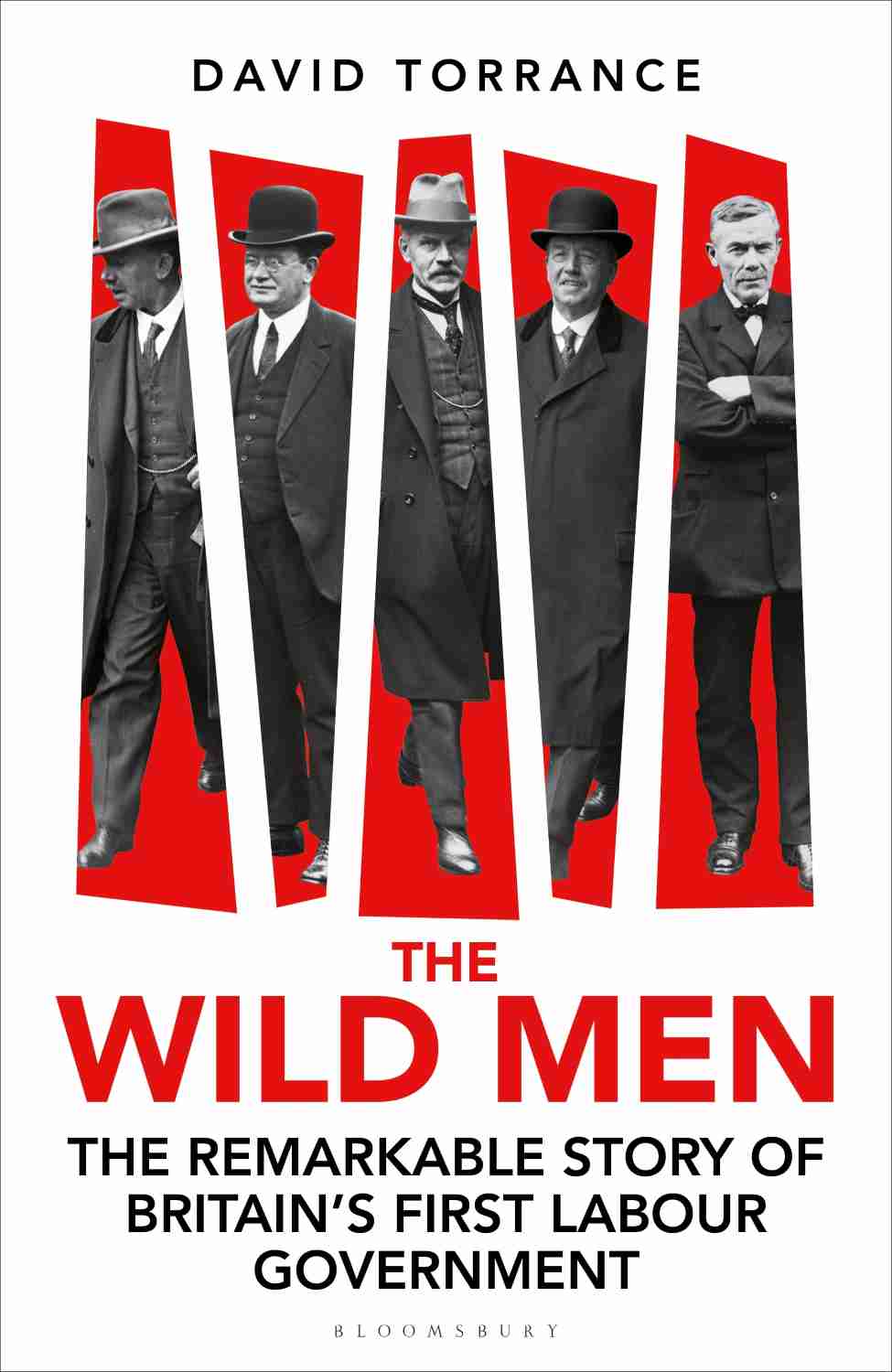Baroness O’Grady reviews 'The Wild Men'
January 1924: first British Labour prime minister Ramsay MacDonald | Image by: Pictorial Press Ltd / Alamy Stock Photo
3 min read
Rooted in robust research, David Torrance’s new book casts fresh light on Britain’s first Labour government – and how establishment dirty tricks helped bring it down
The dawn of a Labour government a century ago sent shockwaves through the British establishment. Never before had former miners, railway and foundry workers taken seats around the cabinet table.
The title of David Torrance’s history of that short-lived minority administration, The Wild Men, says more about the establishment’s fear and disdain for the working class than the character or politics of those first Labour ministers.
Change was in the air. Preceding years saw the Easter Rising in Ireland and revolution in Russia. At home, all men and some women now had the vote. Soldiers returned from the horrors of a world war traumatised and discontented. And trade union militancy surged with demands for shorter hours and fair pay.
Little wonder if establishment grandees were quaking in their boots as Labour’s first prime minister, Ramsay MacDonald, led his cabinet into Downing Street.
With hindsight, the notion that MacDonald posed a threat to the old order seems risible. The enigmatic Scot’s reputation was tarnished by his fondness for high society and destroyed by later betrayal. In 1931, MacDonald was expelled from Labour for forming a national government with the Conservatives which imposed pay and public spending cuts so savage they sparked inner city riots and a Royal Navy crew mutiny.
Pen portraits reveal self-educated socialists, battle hardened by lives as child labourers, rent strikers and union organisers
But The Wild Men tells the story of – and seeks to reassess – Labour’s first foray into government. Rooted in robust research, the author casts a fresh eye on Labour’s rise to power – and how establishment “Red Scare” dirty tricks helped bring it down.
Did the class makeup of that first Labour administration matter? The author’s pen portraits reveal self-educated socialists, battle-hardened by lives as child labourers, rent strikers and union organisers. There were “wild” women too – including former shop worker Margaret Bondfield, our country’s first female minister, albeit consigned to a junior rank.
And does Parliament’s class profile still matter today? As the number of working-class MPs has dwindled over decades, so has people’s trust in politics.
According to an IPPR study, just seven per cent of all current MPs can be considered “working-class”, compared with 34 per cent of UK working-age adults.
While the study did not extend to the House of Lords, it’s a safe bet that – bizarrely in modern Britain – aristocrats outnumber those from a blue-collar job.
 But whatever the class origins of individual members, the ultimate test of a government’s success is how much progress it collectively delivers for the people of this country and beyond.
But whatever the class origins of individual members, the ultimate test of a government’s success is how much progress it collectively delivers for the people of this country and beyond.
That first Labour government introduced modest improvements to education, pensions, and benefits, and – its crowning achievement – a massive expansion of decent council housing. As a package, less than Labour’s working-class supporters had hoped for and earned, but not bad for a minority government that lasted only nine months.
Imagine how much more could have been achieved had those Labour pioneers governed with a majority, for a full term. And now think about what Labour in power could achieve for working people over the next five years – or, better still, 10.
Baroness O’Grady is a Labour peer
The Wild Men: The Remarkable Story of Britain’s First Labour Government
By: David Torrance
Publisher: Bloomsbury Continuum
